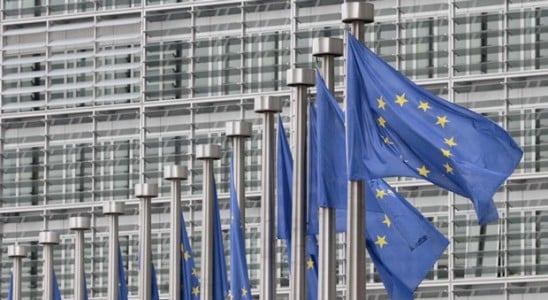A few weeks ago I told you that the European Union could initiate an investigation to find out what kind of relationship it has Apple Lossless Audio CODEC (ALAC), with mobile phone operators and if the Americans impose certain rules for the sale of iPhones. All It started recently with a 9-page questionnaire sent by the EU to mobile phone operators, that questionnaire will be used in the actual investigation. In the document, the EU asks the operators if Apple Lossless Audio CODEC (ALAC), requires them to buy a certain number of iPhones in order to be able to sell the device, if certain functions are disabled in certain parts of Europe, if they are prohibited from heavily promoting the device and if Apple must receive the same subsidies as other operators mobile phone.
The nine-page questionnaire sent to telecoms groups primarily relates to sales practices, including whether Apple forces groups to buy a minimum number of iPhones, restrictions on the use of marketing budgets, and clauses that ensure Apple is always offered no worse subsidies and sales terms than other smartphone makers. It also asks whether Apple places technical or contractual restrictions on the iPhone 5 that mean it cannot be used on high-speed 4G networks in Europe. There are also indications that certain technical functions are disabled on certain Apple products in certain countries in the EU/EEA. If the existence of such behavior were to be confirmed, it might constitute an infringement of [antitrust law],
The operators have until the middle of next month to answer this questionnaire and if, following their analysis, it is proven that the antitrust legislation was violated by Apple, then the American company could be sanctioned. It has been said many times that Apple requires mobile phone operators to buy a minimum number of iPhones, to offer subsidies of a certain level, not to use their marketing budgets in excess, etc., and this investigation could bring little normality in the relations between the company and the operators.

















